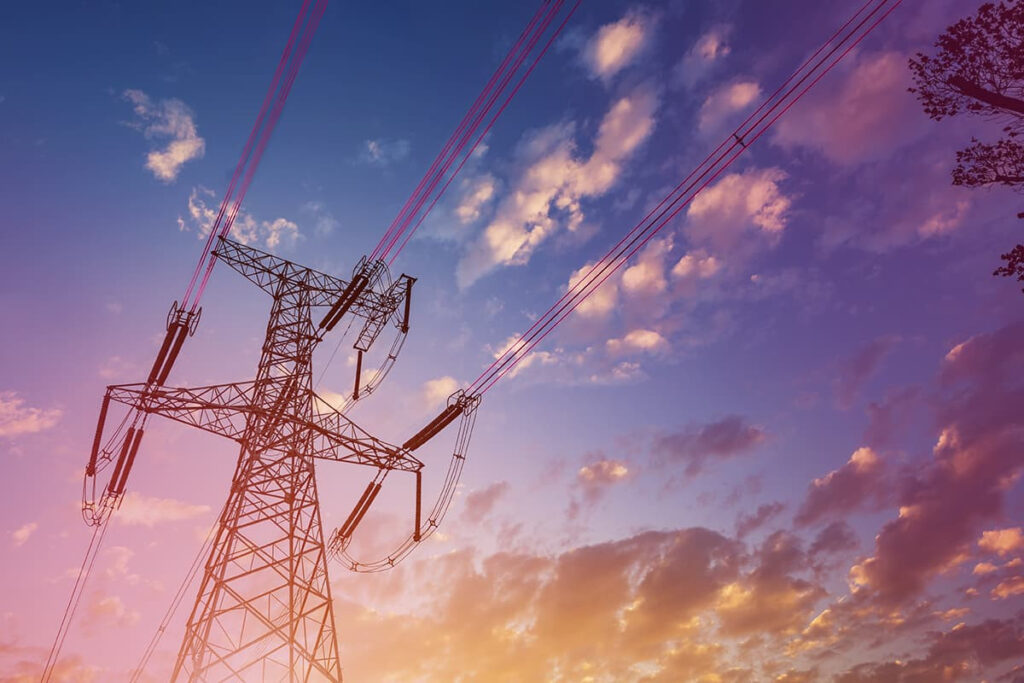
As controversy continues over the purported electricity tariff hike by the Federal Government, the Nigerian Electricity Regulatory Commission (NERC) has issued new regulations outlining the procedure for tariff reviews.
The latest order, signed by NERC Chairman Sanusi Garba, affirms that under the provisions of the Electricity Act 2023, the commission is mandated to review and approve fair tariffs. These tariffs must enable licensees to recover prudent costs and earn a reasonable return on capital invested in the electricity business.
According to the regulation, Section 116(1) of the Act stipulates that activities such as electricity generation, transmission, distribution, trading, supply, system operation, and franchising must be subject to tariff regulation. Furthermore, Section 116(2) provides that the commission must develop a tariff methodology ensuring that efficient licensees recover the full cost of their business activities along with a reasonable return on investments.
Multi-Year Tariff Order Framework
NERC emphasized that it has adopted the Multi-Year Tariff Order (MYTO) Methodology as an incentive-based price regulation framework for determining and projecting tariffs in the Nigerian Electricity Supply Industry.
“In exercise of the powers conferred in Section 116 of the Act, the commission has developed and adopted the Multi-Year Tariff Order Methodology as an incentive-based price regulation framework for the determination and projection of tariffs payable in the Nigerian Electricity Supply Industry,” it stated.
The MYTO methodology includes a major tariff review every five years, during which all tariff assumptions are reassessed to maintain industry viability and efficiency. NERC will issue a notice to all licensees one year before a major tariff review, requiring them to submit applications supported by necessary documentation within 120 days.
“The commission shall, one year before the expiration of the major tariff review order in force or as may be considered necessary, issue a notice to all licensees about its intention to commence the process for a major review of the existing tariff. The notice shall be published in three national dailies and on the commission’s website.”
Licensees will be required to submit applications along with audited financial statements, budgets, investment plans, and proof of consultations with customers. After submission, an initial review will be conducted, and a consultation paper will be developed within 90 days.
Stakeholder Consultations and Tariff Approval
The consultation paper will outline the basis for the tariff review applications, detailing proposals on capital investments, service improvements, new connections, loss reductions, and adjustments to tariff assumptions. The paper will be published on the commission’s website, with public notices soliciting feedback from stakeholders within a 21-day timeline.
NERC will review all stakeholder comments within 90 days and conduct a Rate Case Hearing. Following the hearing and evaluation of public feedback, a draft tariff order will be developed. The final approval of a Major Tariff Review Order will be issued within 30 days of the Rate Case Hearing.
“Any licensee whose tariffs have been reviewed shall communicate the outcome of the tariff review to its customers via its website and other communication channels,” NERC stated.
For minor or monthly tariff reviews, the commission will assess changes in key economic indicators such as generation fuel costs, inflation rates (both Nigerian and U.S.), exchange rates, and generation availability. Additionally, NERC may conduct minor tariff reviews at shorter intervals, not exceeding six months.
Federal Government Plans Targeted Subsidy System
Meanwhile, the Special Adviser to President Bola Tinubu on Energy, Olu Verheijen, has confirmed that an electricity tariff review will take place in the coming months. Verheijen noted that the current N200 billion monthly electricity subsidy primarily benefits the wealthiest 25% of Nigerians, while low-income households remain underserved.
She stated that the government is working on a targeted subsidy system to ensure that financial assistance reaches those who need it most.
“Today, the Federal Government spends over N200bn per month on electricity subsidies, but much of this support benefits the wealthiest 25% of Nigerians rather than those who truly need assistance. To address this, the Federal Government is working towards a targeted subsidy system to ensure that low-income households receive the most support. This approach will make electricity more affordable and accessible for millions of hardworking families,” Verheijen said.
This development comes amid ongoing discussions on improving the electricity sector’s efficiency and sustainability, ensuring fair pricing while balancing consumer affordability and industry profitability.
